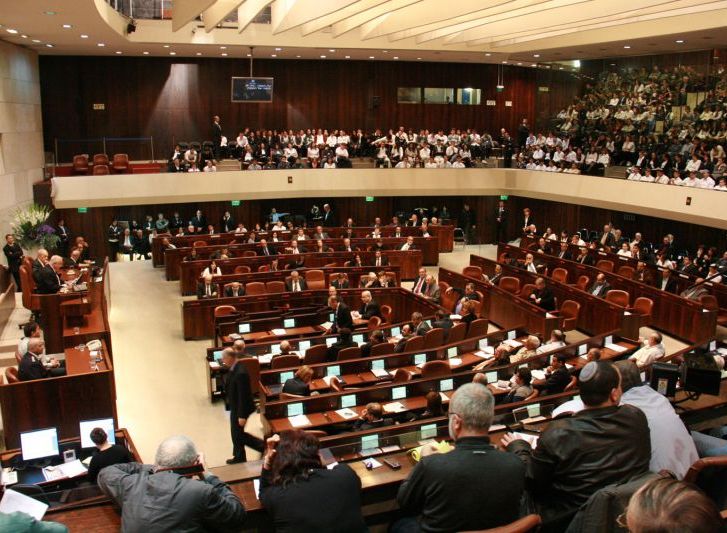Israeli human rights groups: The anti-boycott law harms freedom of expression and targets nonviolent political opposition to the Occupation
A new law passed today, 10 July 2011, by Israel's Knesset will seriously harm freedom of expression and freedom of association, said leading human rights groups in Israel today.
The 'Law for Prevention of Damage to the State of Israel through Boycott – 2011' prohibits the public promotion of boycott by Israeli citizens and organisations, and, in some cases, agreement to participate in a boycott. It forbids not only a boycott of Israeli institutions but also of the illegal Israeli settlements in the Occupied Palestinian Territory (OPT).
The law defines public boycott as a new type of 'civil wrong' or tort. It will enable settlers or other parties targeted by boycotts to sue anyone who calls for boycott, and the court may award compensation including punitive damages, even if no actual damage is caused to the boycotted parties.
Further, the law will revoke tax exemptions and other legal rights and benefits from Israeli individuals and groups, as well as academic, cultural and scientific institutions which receive any state support, if they engage in boycott.
Israeli businesses and industries will also be penalised by the law, if they work with the Palestinian Authority and Palestinian companies and accept their conditions that exclude trade with businesses that also trade with settlements. [A recent example of this is the plan to build the new Palestinian city of Rawabi. Israeli contractors wishing to participate have been asked by Palestinians to refrain from also doing business with settlements. The law seeks to penalise such contractors and may in effect deter Israeli businesses from trading with Palestinian businesses more generally. ]
Israeli human rights organisations stress that irrespective of their own positions regarding the tactic of boycott, outlawing it severely restricts freedom of expression, by targeting non-violent public expressions of opposition to Israeli policies.
According to Dr. Ishai Menuhin of the Public Committee Against Torture in Israel, the law's wording specifically targets those who promote boycott for political reasons due to their opposition to Israeli government policies in the OPT. 'The law could lead state-funded institutions such as theatres to pressure their employees not to express their positions regarding the settlements, for fear of having their state funding withheld,' he said
According to Hadas Ziv of Physicians for Human Rights-Israel, the law will also affect freedom of association, since it will expose organisations engaging in public campaigning against the settlements and other human rights violations to legal and financial sanctions and costly compensations claims by settler organisations. 'This is not just a matter of harassment; the EU and other foreign governments will no longer be able to fund human rights work in Israel if our organisations' tax exempt status is revoked,' she added.
According to Attorney Hassan Jabareen, Director of Adalah: 'Defining boycott as a civil wrong suggests that all Israelis have a legal responsibility to promote the economic advancement of the settlements in the OPT. This means that Israeli organisations opposing the settlements as a matter of principle are in a trap: any settler can now constantly harass them, challenging them to publicly declare their position on the boycott of settlements and threatening them with heavy compensation costs if they support it.'
















